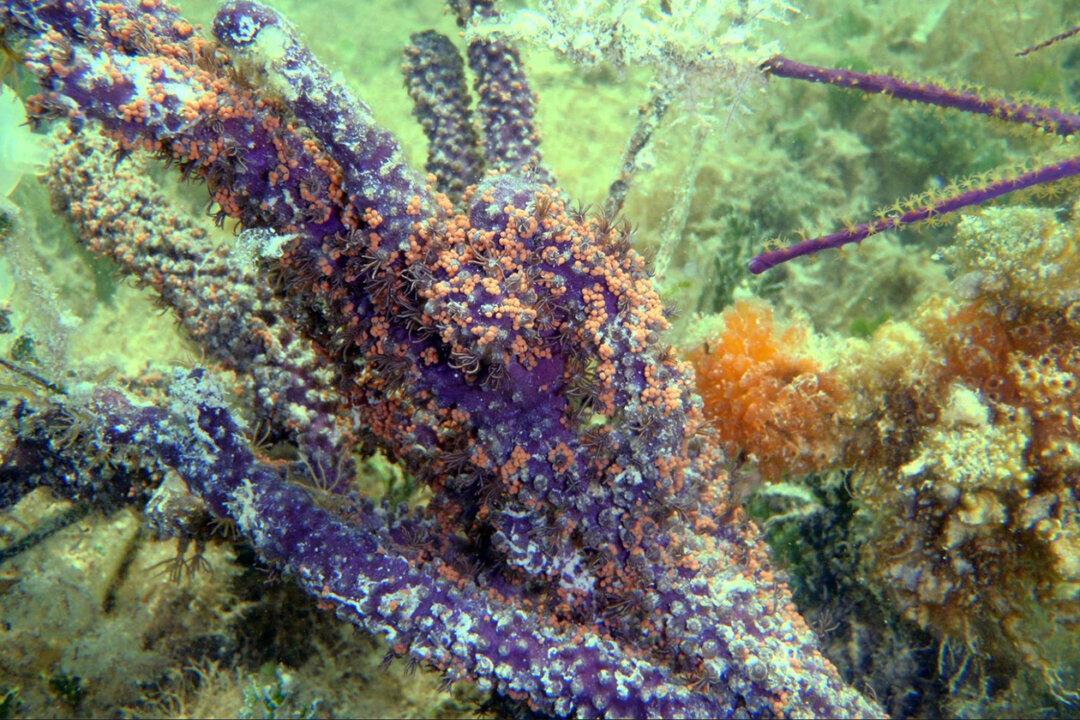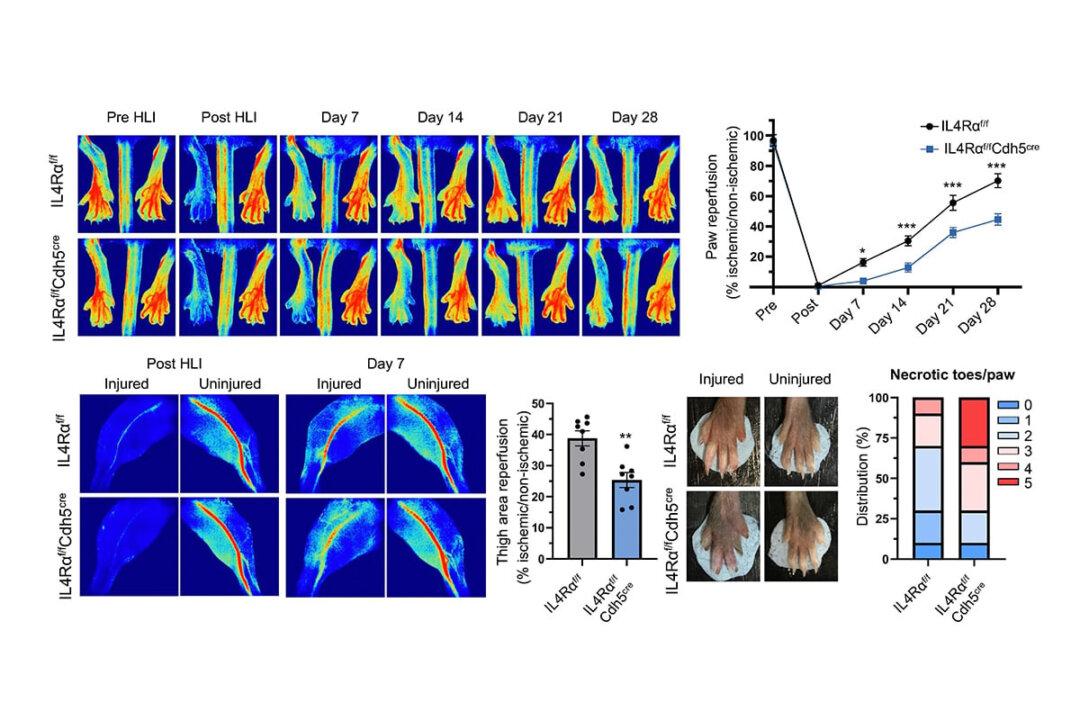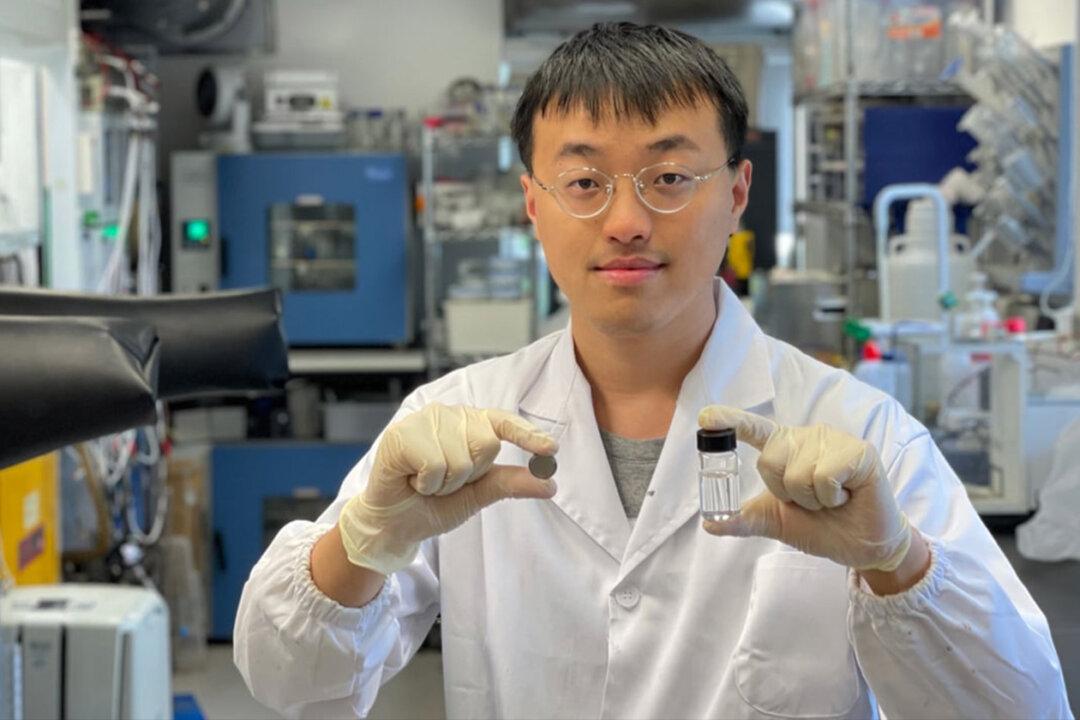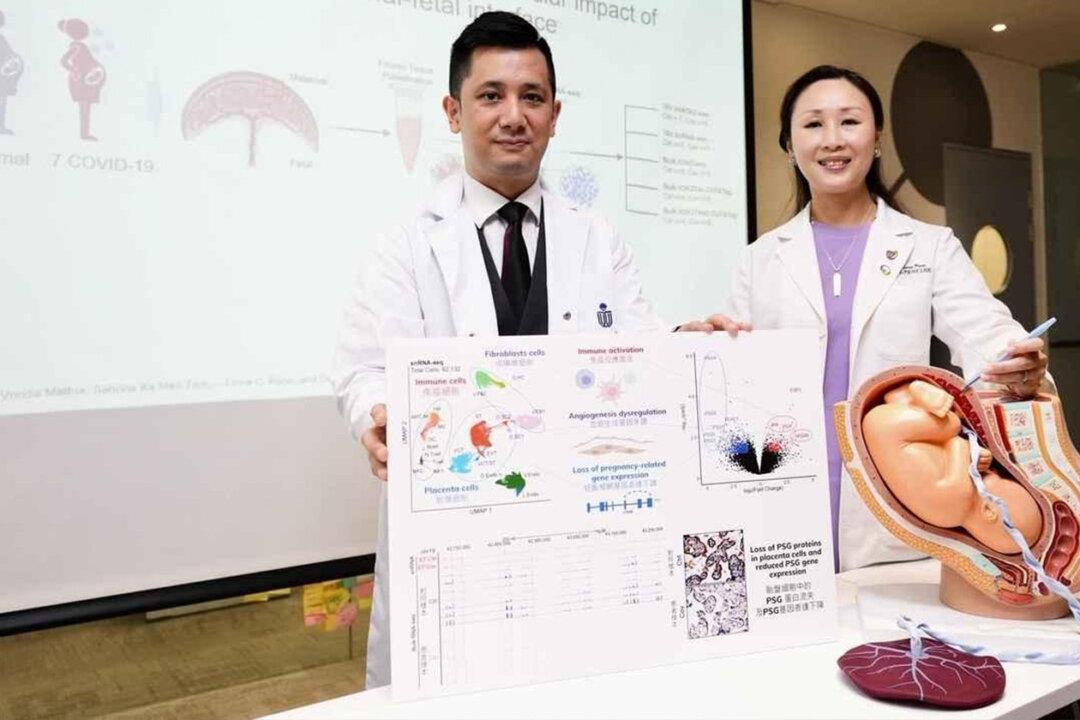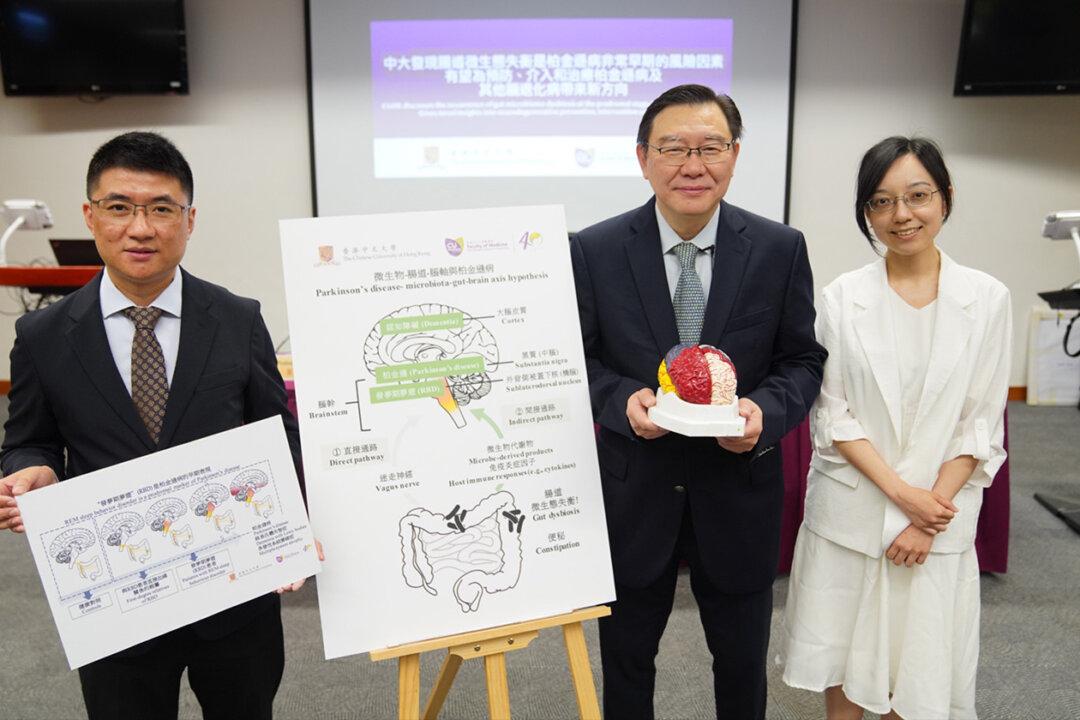The University of Hong Kong released a study that found corals may ‘punish’ the algae that live inside them by cutting off their food supply if such algae become selfish and renege on their part of the resource-sharing deal with the coral as part of their symbiosis—a mutually beneficial relationship.
The study published on Nov. 7, 2022, in the academic journal Microbiome is the findings of Dr. Shelby McIlroy of the Swire Institute of Marine Science (SWIMS) and the School of Biological Sciences at The University of Hong Kong (HKU) and her collaborators.
